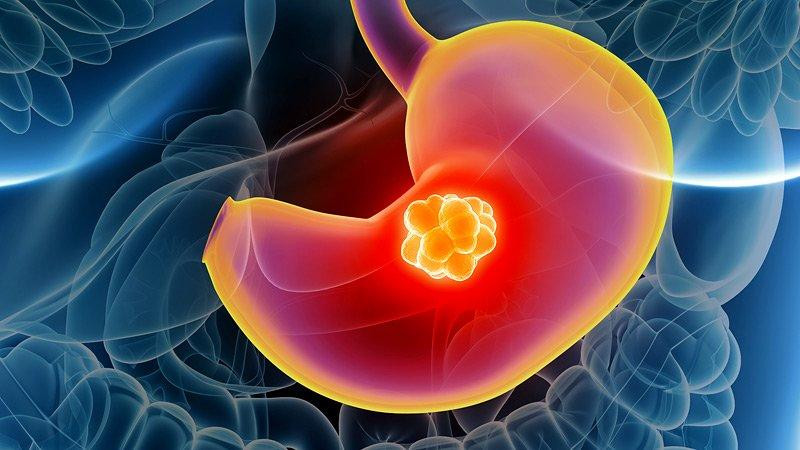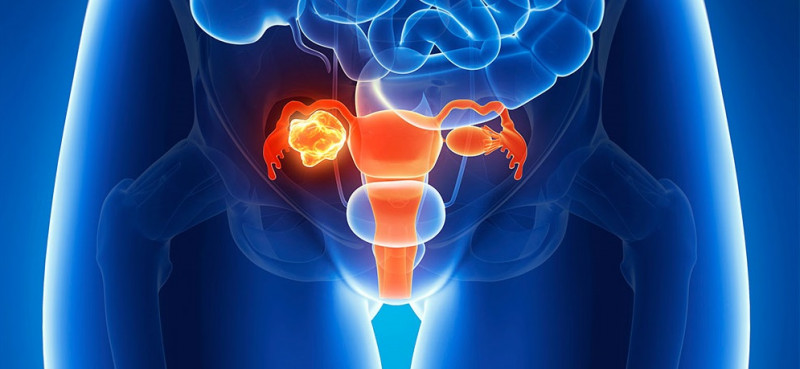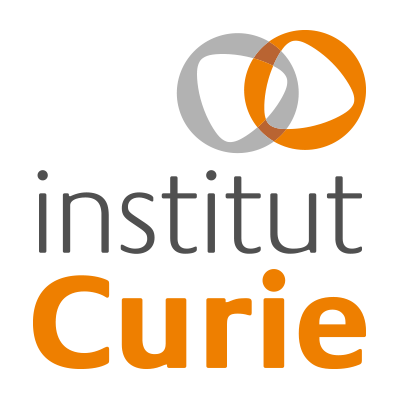
Knowledge base
Molecular diagnostics of breast cancer
Breast cancer is not a uniform disease, and there are several subgroups of classical histological types, which also show important differences in the course of the disease.
Determining the tumour’s oestrogen, progesterone receptor and HER-2 status (immunophenotype) is an integral part of the investigation for the purpose of therapy selection.
In about 20% of cases, abnormalities in the HER-2 gene are responsible for the development of breast tumours. In HER-2 positive breast cancers, the HER-2 gene is amplified: more copies of the gene than normal are present in the hereditary material, resulting in increased production of HER2 protein. Targeted treatment of HER2-positive breast cancers may be successful with the use of a HER-2 antibody, a small molecule tyrosine kinase inhibitor. HER-2 inhibition is also an integral part of preoperative neoadjuvant and postoperative adjuvant treatment at an early stage. The cure rates of previously worst prospective HER-2 positive breast cancers have improved spectacularly as a result of targeted treatments.
In triple negative breast cancers, neither estrogen nor progesterone receptors nor HER2 protein are present. This is the most heterogeneous subgroup from a molecular diagnostic point of view, with many mutations playing a role in its development. The use of immune checkpoint inhibitors is of great importance in this subgroup.
Several rare mutations may be involved in the development of breast cancer, which are not detected by routine testing, but can be detected by multigene testing and may represent additional therapeutic targets.
The combination of molecular target and endocrine therapy has been a major advance in the treatment of hormone receptor positive breast cancer, both in early and metastatic stages, and is now an alternative to, and often superior to, conventional chemotherapy.
Hereditary types of breast cancer have defects in BRCA1 and BRCA2 or genes with similar functions (e.g. ATM). Mutations in the BRCA1 and BRCA2 genes cause hereditary breast and ovarian cancer and increase the incidence of male breast cancer, prostate cancer and pancreatic cancer in both sexes. These gene defects respond well to targeted treatment with e.g. PARP inhibitors.
Molecular diagnostic testing to rule out or confirm hereditary breast cancer is recommended if the patient has been diagnosed with breast cancer and has at least 2 family members with a history of the disease; and if there is a family history of BRCA1 or BRCA2 mutations. The risk is very high for people with inherited mutations in the BRCA1 and BRCA2 genes, up to 80% for breast cancer and 40% for ovarian cancer.


















